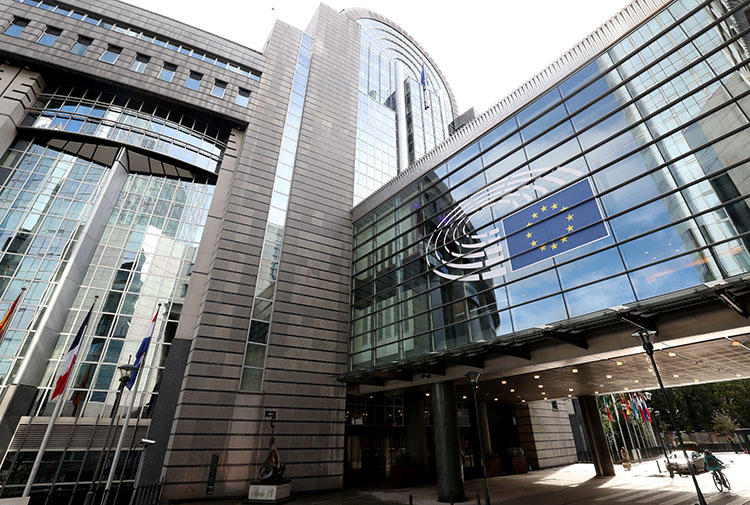Brussels, October 30, 2019—The Committee to Protect Journalists expressed concern today that a proposed European Union regulation on law enforcement access to electronic data lacks sufficient safeguards for journalists. The Regulation on European Production and Preservation Orders is known as the “e-evidence proposal.”
Under the proposal, prosecutors from one EU member state could order internet service providers in another EU state to store or produce data without oversight from a judge in the target country, and a short timeframe for compliance, according to German news website netzpolitik.org. Unclear definitions could enable collection of a range of data about an individual’s personal information, internet use and electronic communications, according to the European Digital Rights advocacy group.
“Internet companies host sensitive information about journalists and their sources, and this proposal would leave those companies to adjudicate whether or not to hand it to a foreign authority,” said Tom Gibson, CPJ’s EU representative. “The proposal must explicitly protect journalists’ electronic data and require appropriate judicial oversight of any attempts to access it.”
The European Commission first issued the proposal in April 2018 and the European Parliament is due to report a position on it before the end of the year, allowing for negotiations with the Commission and the Council of the European Union.
[Editor’s note: The text has been modified in the second paragraph to correct the name of netzpolitik.org and in the fourth paragraph to clarify parliamentary procedure.]
